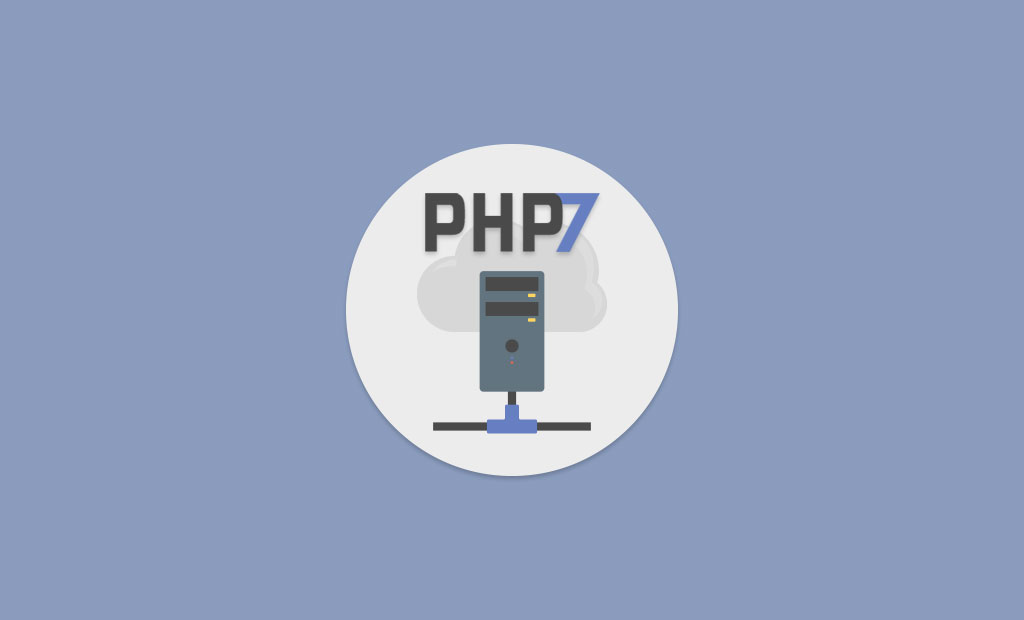
New Default PHP for Shared Hosting Plans and Why You Need to Upgrade to PHP 7
Performance and security are two of the most important aspects of the website development process. Of course, there are other vital things to consider, such as the niche you are in, the content you present to your visitors, the design of your project and many more. However, the risk of dooming your project at the early stages of its development is really high if your website is slow or not properly protected.
When it comes to development, PHP is the most popular scripting language, preferred by the majority of our clients. According to the W3Techs statistics:
PHP is used by 82.9% of all the websites whose server-side programming language we know.
At FastComet, many of the websites we host are built on top of applications, such as WordPress, PrestaShop, OpenCart, Magento, Drupal and more. All of them use the PHP scripting language, which means that for the most part, the websites of our clients are built on PHP as well. This is also the reason why we offer the option to choose the PHP version to be used on each of our hosting plans, as it will have a great impact on your website, including its performance and level of security. Today, we will review how it affects your project and share some insights that will help you improve it.
PHP Lifecycle – Unsupported vs Active Support
The usual lifecycle of each PHP release includes two years of active support and an additional year of security fixes only. This means that throughout the first period of two years, the PHP developers are actively supporting the release. You can see the current PHP lifecycle for previous and current releases below.
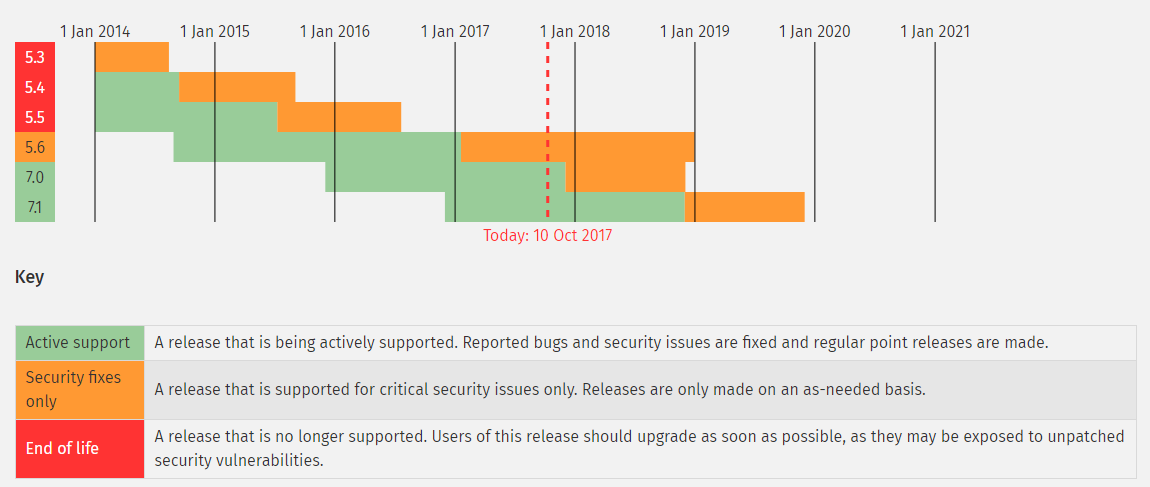
Even though active support for PHP 5.x releases is over and security fixes are only available for PHP 5.6, the use of PHP 5.x looks really scary. According to W3Techs, more than 90% of all PHP-based websites are using version 5.x.

The reasons for the statistics are many, but the most important ones are the lack of knowledge and difficult conversion of the client’s existing website. For example, if you are using WordPress and you have a number of plugins/themes on it, you need to make sure that all of them are compatible with PHP 7.1, so you can upgrade to it. There are differences between PHP 5.x and PHP 7.x, so the change takes time and money for implementation.
According to the official WordPress statistics, only 13.2% of WordPress websites are using PHP 7.0 and around 4% are using PHP 7.1 for their projects. The majority of WordPress websites are still using PHP 5.x and 40.8% are using precisely PHP 5.6.
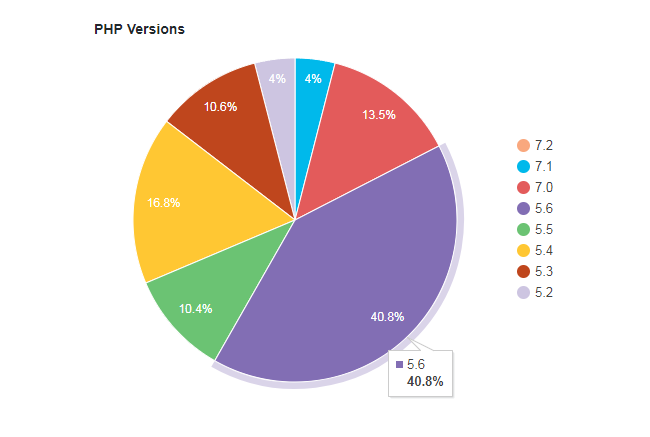
The statistics of WordPress websites and our own internal review of all websites hosted on our servers revealed something that needs addressing. According to our reports:
Around 82.5% of all WordPress websites around the world are using PHP versions that are no longer actively supported.
In other words, 8 out of 10 people are not taking advantage of the latest PHP release, as well as the performance and security improvements it comes with.
PHP Changes on Our Shared Hosting Accounts
We are always looking to improve the hosting environment that we offer to our clients. This is a constant process of testing and implementing changes that help to increase performance and security. Of course, all hosting providers must be careful with such changes, as they can cause more harm than any good. The statistics above are mainly focused on WordPress websites, but we provide an optimized hosting environment for many more applications.
Some hosting providers that specialize in WordPress can easily provide PHP 7.1 by default. This way, they will make sure that each new client will be set with the latest stable PHP release. However, the same change does not apply to us, because applications such as Magento 2 does not support PHP 7.1 at this point.
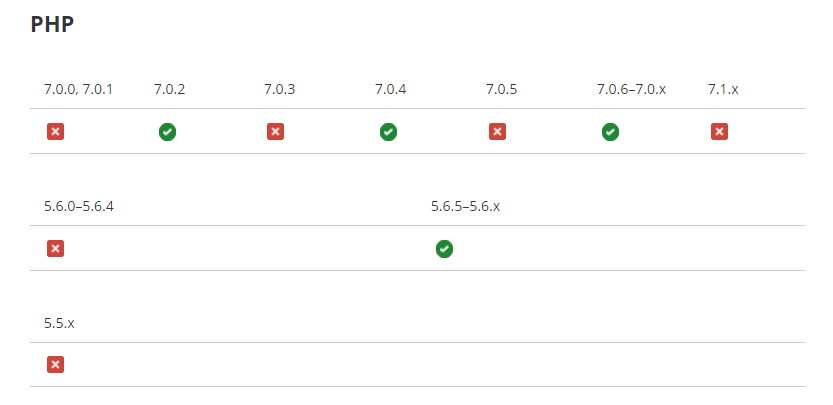
This is why we have recently set the default PHP version on all our shared hosting servers to PHP 7.0.24, which is the latest in the PHP 7.0.x branch. It offers much better performance than PHP 5.x, the most popular applications support it in full and our clients still have the option to change the PHP version on their accounts, in case they need a different release. The change in question affects new clients only, as each new hosting account on our servers is now set with PHP 7.0.24 by default.
Another change that we have implemented in our shared hosting environment affects our existing clients. Based on our statistics, around 36% of all hosting accounts were using PHP 5.4 and PHP 5.5 and they have already reached their end of life and are no longer supported, not even for critical security updates. In order to help our clients with security and increase the performance of their websites, we have internally upgraded all clients’ accounts that are using PHP 5.4 and PHP 5.5 to the latest 5.x branch, which is PHP 5.6.31. This release does not include changes that can cause critical errors on clients’ websites.
Why and How to Upgrade to PHP 7.x?
We offer multiple PHP versions on each of our hosting plans and our clients can easily set up what they need via their accounts. You can review our tutorial on how to change the PHP version of your hosting account, so you can get a better understanding of how our PHP selector works. We keep up with the latest releases, in order to provide a hosting environment that you can use for the development of your project. At the same time, we encourage each and every client to use the latest stable PHP release for their projects. This will provide faster loading for your websites, new implementations to the PHP core that can help you improve your code and the security level that will protect you along the way.

The latest tips and news from the industry straight to your inbox!
Join 30,000+ subscribers for exclusive access to our monthly newsletter with insider cloud, hosting and WordPress tips!
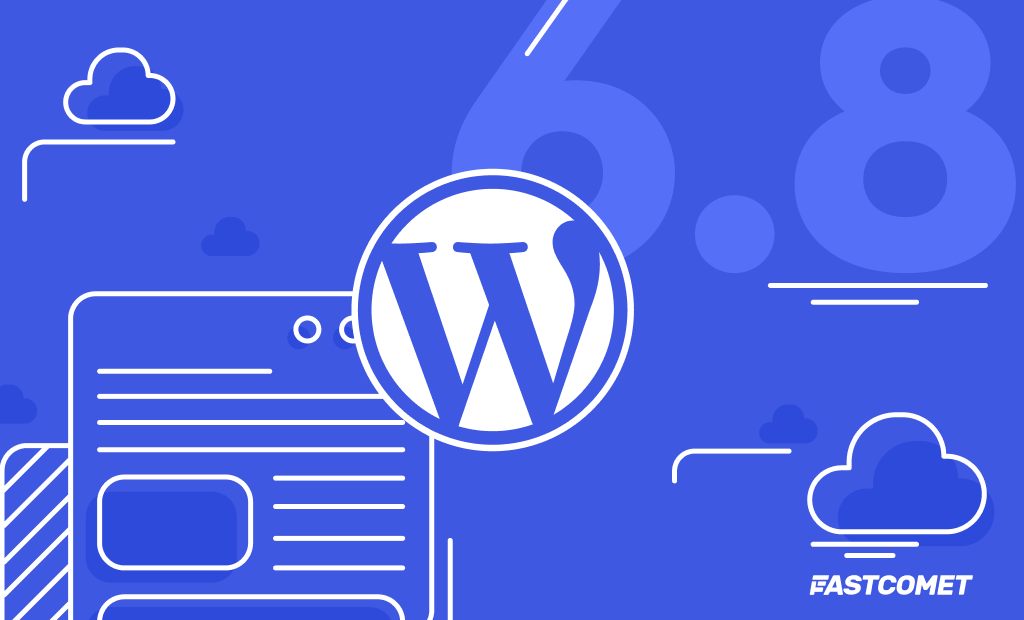

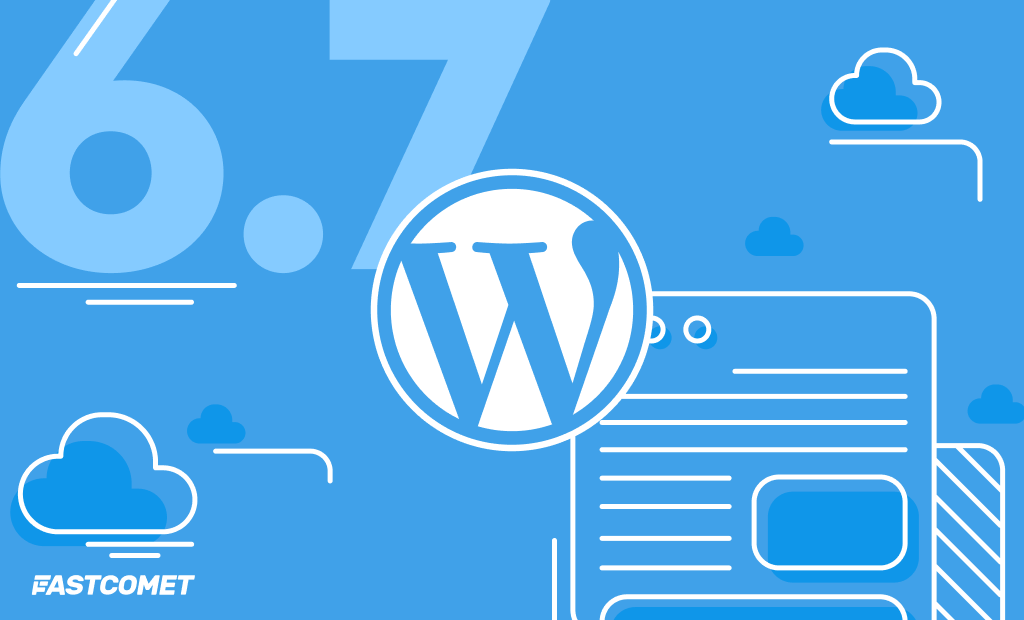

No Comments